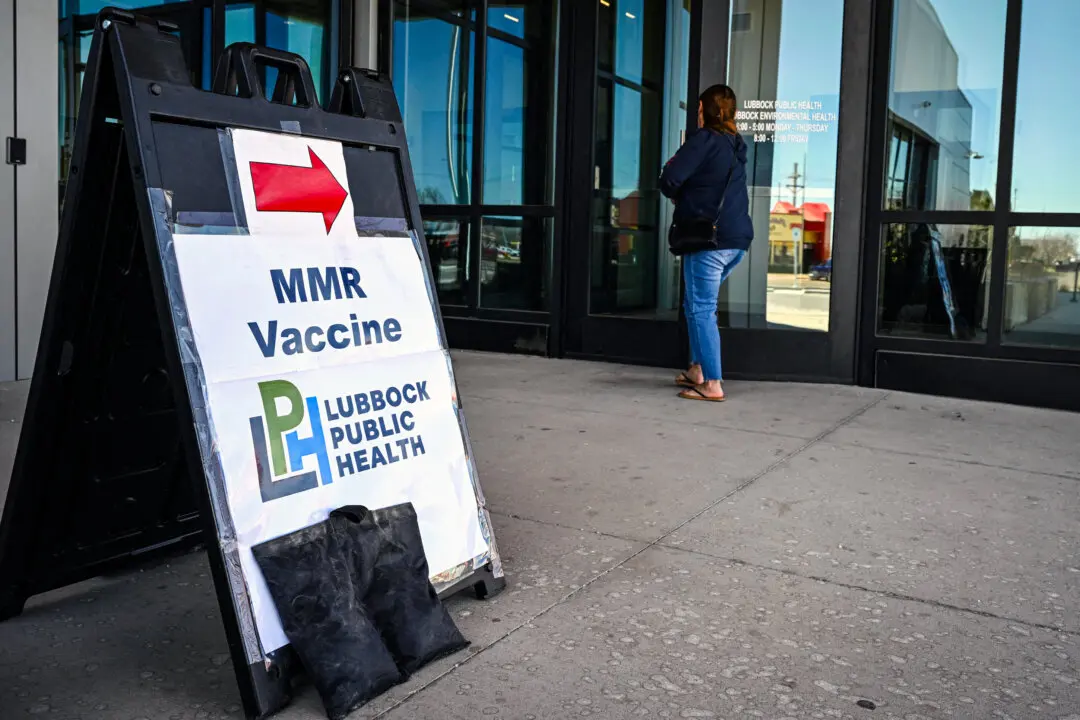A trial expected to involve tens of thousands of healthcare workers launched this week in an attempt to determine whether chloroquine or hydroxychloroquine can prevent infection from the CCP (Chinese Communist Party) virus, the new illness from China that causes COVID-19.
The global study is being led by researchers at the University of Oxford in the United Kingdom and scientists at the Mahidol Oxford Tropical Medicine Research Unit in Bangkok, Thailand.





